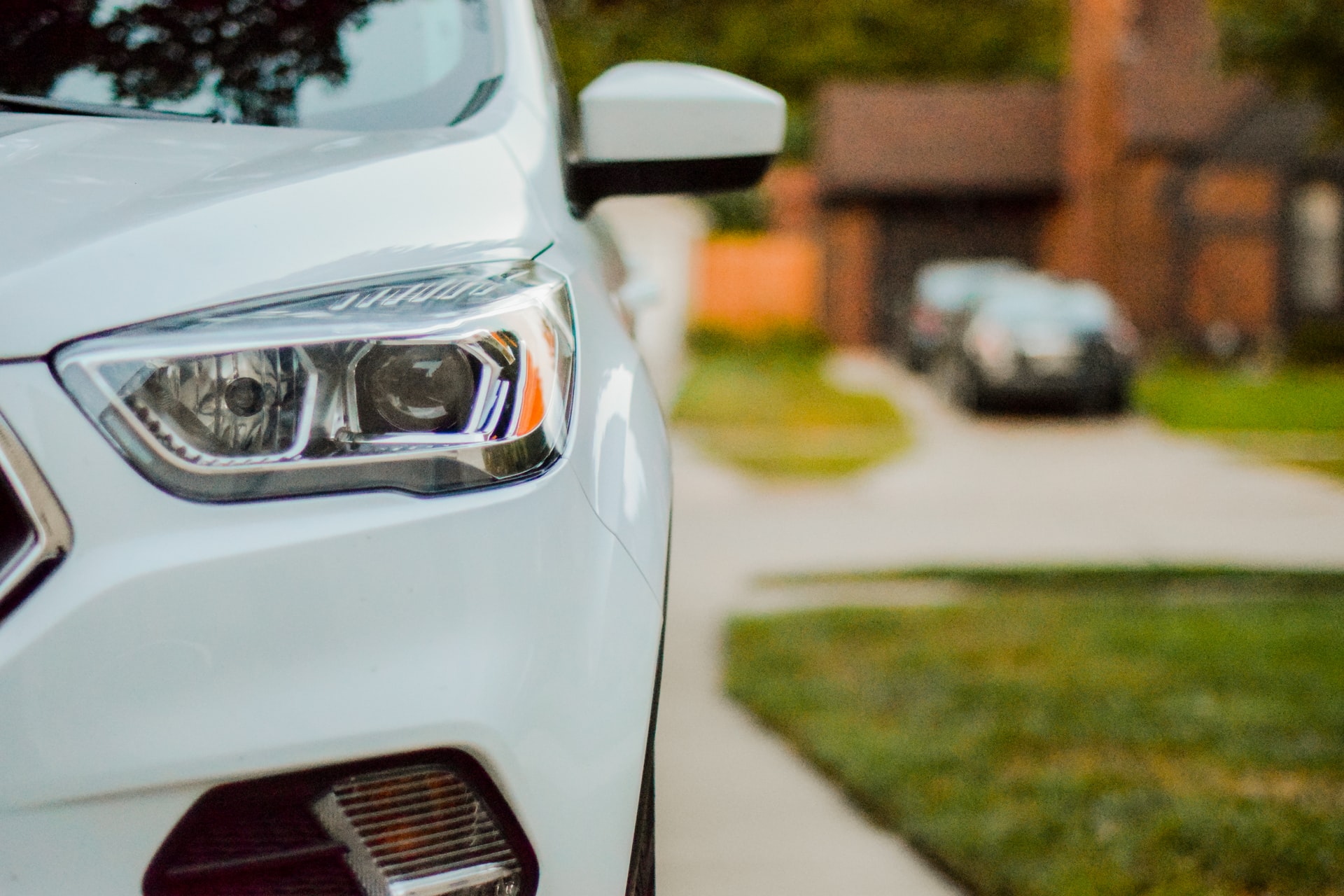Blog

“Paying with Cash vs. Affording Payments”
America has an all-consuming culture. Earning an income of $32,400 in the United States puts you in the top 1% of global earners, however, to earn in the top 1% in the United States you would need to pull in over $421,000 to qualify. With Americans making money at a higher rate than most of the world we tend to look for ways to spend these dollars. Most of the time, “spending” this money usually means buying things we do not have the cash for, but that we can afford the monthly payments on. From anything to your latest automobile purchase, to the TV at Costco, the ability to purchase something with a payment plan seems to be readily available to all. Unfortunately, this line of thinking can cause some real strife when dips in the economy take place. In this article, we explore how asking yourself the question of “Do I have the cash saved up?” vs. “Can I afford the monthly payment?” can help to frame these decisions. It Forces a Decision on What is Really Important If you look back over the years, would you have made different purchasing decisions if you only bought when you had the cash saved up instead of when you could afford the monthly payment (houses excluded)? Maybe the $500 car payment is something that can fit into your monthly budget, but what about the $28,000 to pay in cash? While saving the entire amount for large purchases isn’t always feasible for everyone’s circumstance, asking yourself the question can help to decide what is “want” vs. a “need”. Additionally, after spending more time saving up for a purchase, you may decide that your funds are better spent on either a cheaper version of the item or by simply deciding to spend the money elsewhere. The point here is that taking the time to ask yourself the question can lead to further savings and a more informed decision. It Provides Flexibility During Recessions In addition to all the other lessons that COVID-19 has taught us, it has also highlighted how quickly an “affordable payment” can become unaffordable. Tens of millions of Americans have lost their jobs and while certain deferment options are available on big ticket items like mortgages, having high fixed monthly costs has certainly put many in a bind. Sure, saving up cash to pay for a vehicle or those renovations you have been wanting to do is not always fun, but the freedom and flexibility it affords can be worth it. Clients that have been the least impacted during this time are those that have variable monthly expenses they can choose to dial back versus others who have high fixed costs that they are tied into. The Answer Is Not Always Mathematical I can already hear some people arguing that since interest rates are so low right now it makes sense to finance more of their purchases because they can then take their other funds and hopefully invest it at a higher rate. In theory, the math does support their argument. However, in practice, too often people either do not achieve the rate of return they thought they could OR they simply don’t take the action to actually invest the money they would have used for purchasing an item. In addition to these points, it is also important to remember that much of what goes into a financial decision isn’t the numbers. The feeling of not having any payments, living with less debt, and ultimately having freedom can sometimes be worth more than the additional interest you could have earned.Copyright © 2025
Van Gelder Financial
